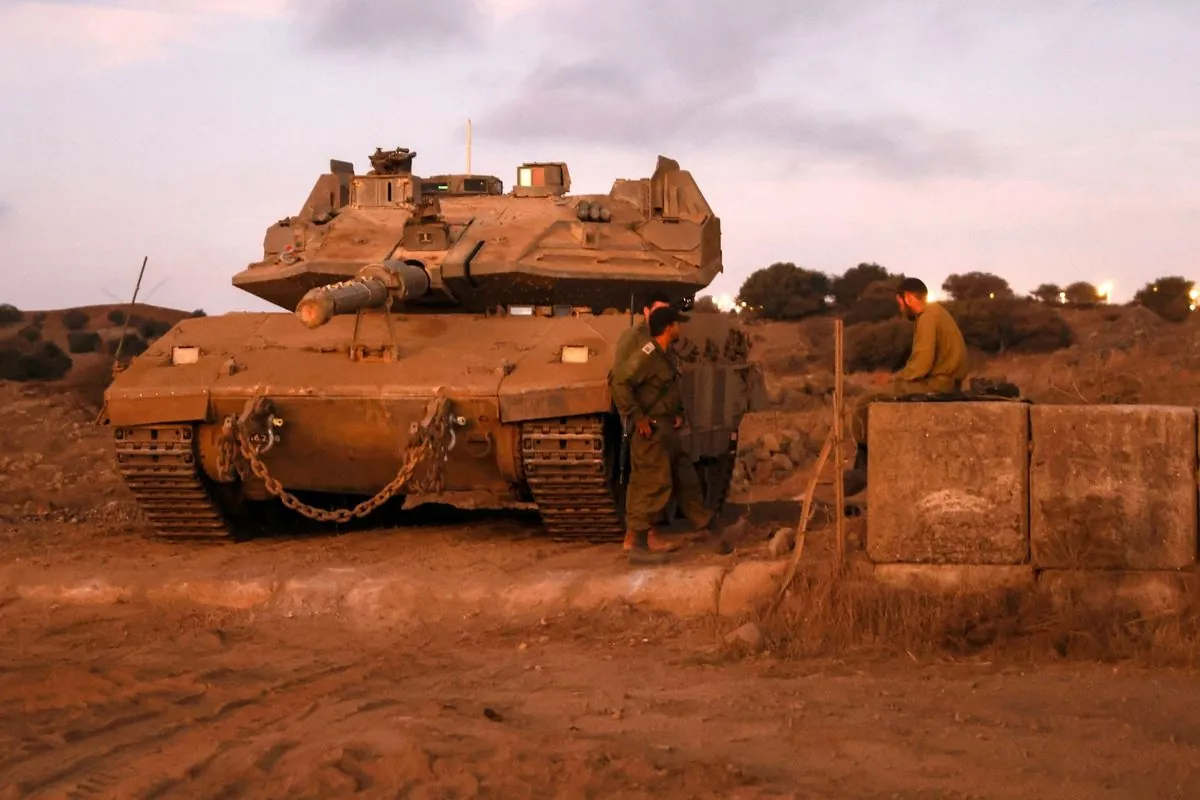Israel's recent operations against Hezbollah have garnered significant attention due to their unconventional nature. The Israeli intelligence agency, Mossad, orchestrated a series of attacks using explosive devices concealed within pagers and walkie-talkies distributed to Hezbollah operatives. This tactic, while innovative, has sparked debate regarding its ethical implications and strategic value.
The attacks, which occurred in September 2024, involved the simultaneous detonation of explosives embedded in communication devices used by Hezbollah members. This operation demonstrated Mossad's ability to infiltrate Hezbollah's supply chain and execute a coordinated strike. The agency, established in 1949, has a long history of conducting covert operations in the region.
Critics argue that the attacks raise ethical concerns due to the potential for civilian casualties. Leon Panetta, former CIA Director, characterized the operation as a form of terrorism. However, proponents contend that the attacks were more discriminate than Hezbollah's indiscriminate rocket launches towards Israeli population centers.
The debate on the morality of these attacks reflects broader discussions on just war theory, a concept with roots in ancient Greek and Roman philosophy. Michael Walzer, a prominent just-war theorist, argued that the pager explosions were immoral due to the potential harm to innocent bystanders. However, others maintain that the attacks adhered to the principle of target discrimination.
These operations occur against the backdrop of escalating tensions between Israel and Hezbollah. Founded in 1985 in response to Israeli occupation of southern Lebanon, Hezbollah has long been a source of conflict in the region. The recent attacks may signal Israel's preparation for a larger confrontation with the group.
Israel's strategy in the region remains a subject of debate. Some argue that the country is antagonizing its neighbors without a clear long-term plan. Others believe that Israel is taking advantage of a perceived window of opportunity to degrade Hezbollah's capabilities.
The situation is further complicated by the broader geopolitical context. The United States, which has maintained a military presence in Iraq since 2003, finds itself in a delicate position. The potential for a wider conflict raises concerns about the safety of U.S. forces in the region and the impact on relationships with other Middle Eastern states.
"Israel's primary strategic problem is that it cannot offer Palestinians in the West Bank or Gaza political rights and has largely abandoned the notion of a two-state solution. It can kill most of the population in Gaza and invade Lebanon, and that will still not solve the underlying political problem."
The Palestinian issue remains a central point of contention. The West Bank has been under Israeli occupation since 1967, while the Gaza Strip has been subject to a blockade since 2007. Some argue that resolving the Palestinian question through a two-state solution, as envisioned in the Oslo Accords of 1993 and 1995, is crucial for regional stability. Others contend that confronting Iran and its proxies should take precedence.
The debate reflects differing views on the root causes of instability in the Middle East. While some emphasize the need for political rights and economic opportunities for Palestinians, others focus on the role of external actors like Iran in supporting militant groups.
As tensions continue to simmer, the international community grapples with finding a path towards peace and stability in the region. The Abraham Accords of 2020, which normalized relations between Israel and several Arab states, demonstrate the potential for diplomatic progress. However, the recent escalation of violence underscores the fragility of the situation and the need for a comprehensive approach to addressing the underlying issues plaguing the Middle East.
